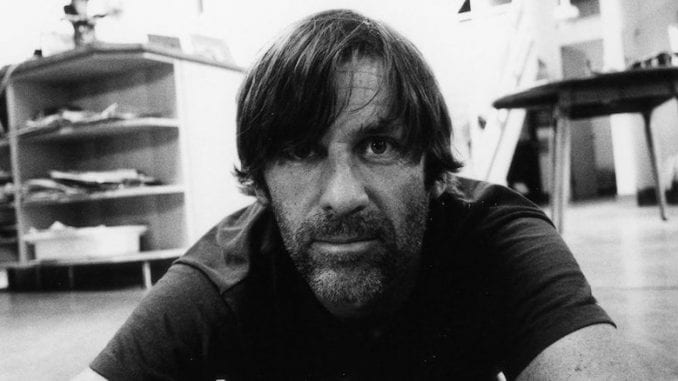
We chatted with Tom Owen, founder of Sweet Maria’s, for the new issue of Barista Magazine; here we feature an extended version of the interview.
BY KENNETH R. OLSON
BARISTA MAGAZINE
Photos courtesy of Tom Owen
We had a chance to interview Sweet Maria’s co-founder, longtime coffee writer, and all-around interesting coffee professional Tom Owen for our Master Q+A in the December 2018 + January 2019 issue of Barista Magazine. Tom had much more to share, however, than we had room to print, so we’re running more of the interview right here. You can read the original Q+A via the Barista Magazine e-pub; to find out more about Tom and his time in specialty coffee, keep reading below.
Kenneth R. Olson: Can you tell us about your background? What were you like as a kid growing up in Southern California?
Tom Owen: In school I was very shy, and loved a lot of things that would be considered super geeky now. I loved Monty Python and Dr. Demento. I started listening to punk rock and would stay up late, holding my tape recorder to the speaker of the stereo to record Rodney on the ROQ on Saturday night. I remember each morning I would assess which side of my face had more zits, and then walk the school halls in such a way to hide that side whenever possible.
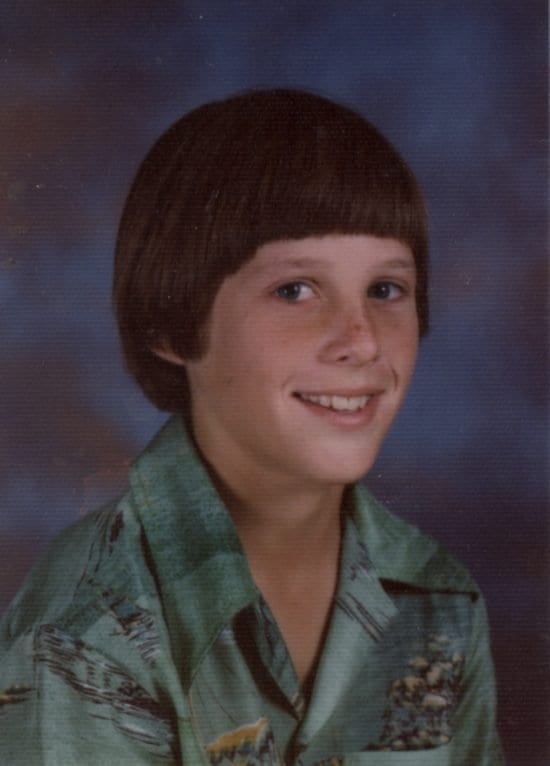
I loved soccer too but was crushed when I did not make the high school team. In fact, I thought I did because there was another kid that looked just like me and they confused us in the soccer tryouts. They wanted him on the team, but called me up. Then they told me I wasn’t on the team, and called him back. I was super crushed: I found an empty field to practice every day alone making imaginary goals and imagining how sorry they should be that they didn’t put me on the team. Anyway, is that enough pathos for the interview?
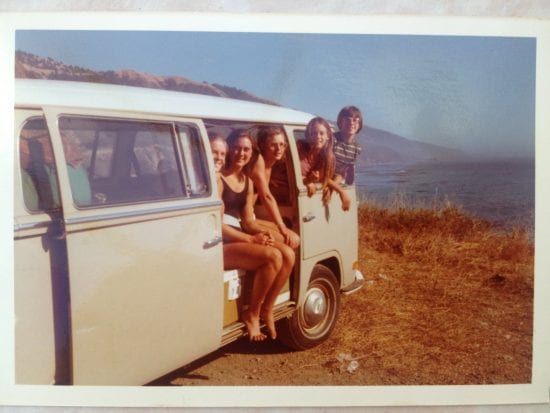
KRO: Can you tell us about your early coffee experiences at home and in your community?
TO: I remember my folks having those rectangular cans of flavored instant coffee, General Foods International café brand, like orange-flavored cappuccino and such. It had fancy cursive on the label! This was before whole-bean coffee was a common sight. Maybe it was more for camping. But those cans were very memorable, and the fact they drank something I shouldn’t drink was, of course, something I noted.
I also remember Medaglia d’Oro cans. Later we had a café open in our town, Pannikin Coffee Tea and Spice. It was in a converted house on Fay Street in La Jolla and it made a real stir in town since the coffee was roasted by the owner and was so different from other options. At the time this was a semi-fancy, show-off-your-wealth community, and everything “good” was imported. Kids got Heineken and Lowenbrau for parties, and a Beemer (BMW) on their 16th birthday. Coffee in the ’70s to’90s always made heavy-handed references to European tradition for legitimacy. Pannikin was a bit more earthy than that, coming more from a ’60s romance of back-to-craft, get-your-shoes-from-the-local-cobbler type thing. Anyway, I ended up working there much later and visitors came in almost daily saying, “I’m going back to [Ohio or Iowa or Arizona] and opening one of these.”
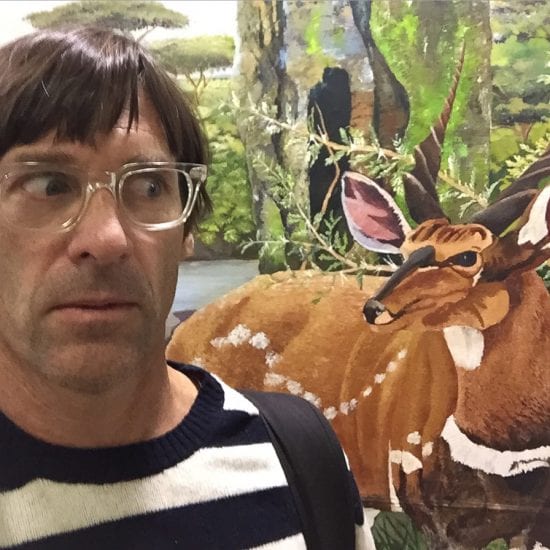
KRO: What brought you to founding Sweet Maria’s? What were your early experiences in the specialty-coffee industry like as a business person looking to grow a new segment like home roasting?
TO: At the time, there were a lot of options for green coffee, and a lot of smaller independent importers sold green coffee, like Knutsen, Holland, MP Mountanos, and of course Royal Coffee. I wasn’t really aware of the big multinationals selling specialty coffee at the time. People brought in full containers of coffee and then chopped them up into small sales. Even when I started to travel, there weren’t a lot of small-lot sales. Like in Guatemala you couldn’t pick out a 25-bag lot and get it exported very easily. At least I didn’t know how or have the tools to do that. Some origins, like Kenya, were exceptions since they already had the auction which included smaller lots.
My first SCAA show I attended was Denver. I felt like an alien. I didn’t know anyone, I felt really shy and overwhelmed, plus I just didn’t relate to 95 percent of what was going on. There were little discussions about green coffee and quality. There was a lot of “allied industry” stuff like granita machines and cheesy acrylic false-front bulk bins for oily Vienna-roast coffee. Lots of espresso. I remember Miss Jamaica being at the Jamaica booth. And countries like Costa Rica having these spokesmodels but no cuppings or anything. I picked up all the free stuff I could carry.
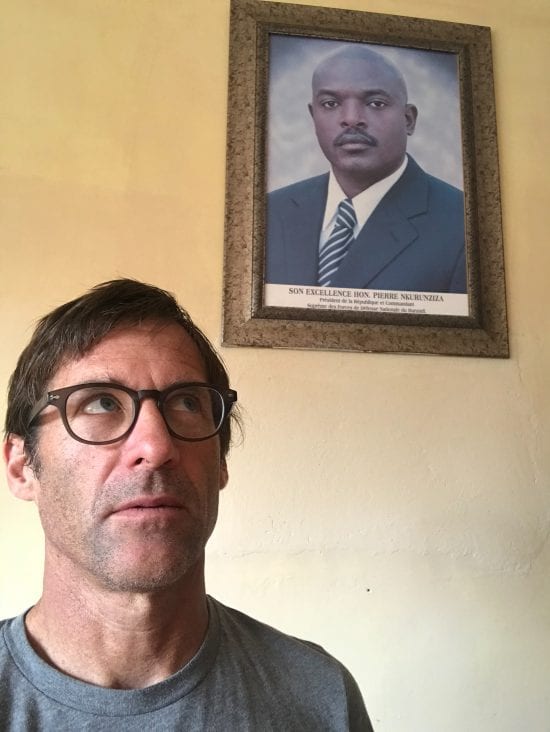
KRO: Are there any origin countries at this point that you haven’t been to? If so, do you intend to get there eventually? Has your coffee-buying perspective changed over the years?
TO: I haven’t been lots of places, but I don’t know which. I’m going to Irían Jaya soon, which will be super great. I hope. I was setting up a trip to Saudi Arabia right at the Yemeni border a few years back. That seems unwise on many levels now, and even then it did. I haven’t been to some major areas like Bahia in Brazil. Plus, going to a place seems like just stopping by. It’s not like I go live there and learn deeply about anything. In a weird way it’s pretty invalid on quite a few levels. But coffee farmers need a buyer who will be there in the highs and lows so it’s not trivial to stop by a couple times a year and keep that connection.
The main changes in the way I buy is largely to put everything else in coffee on mute. I’m not sure how this makes me seem, I hope not terrible. But paying attention to what others are doing in coffee is painful to me on a personal level. I just feel distracted and annoyed by thinking about other buyers or just coffee trade in general. So I mute 95 percent of it. I know I lose out, and that there are others who will tell me about something good I have on mute. But I’m just trying to get by here, and not relive high school trauma on a daily basis. That’s what the coffee world seems like to me on many days. I really hated high school.
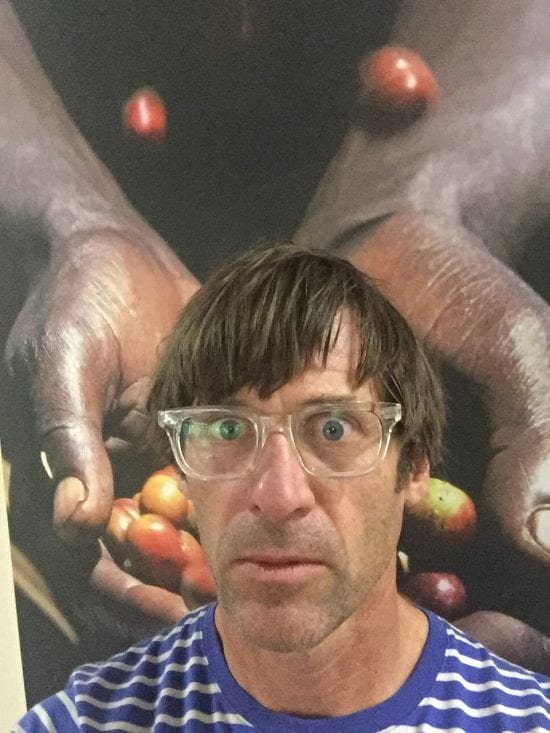
KRO: What do you think are the biggest challenges facing coffee producing in the future? Are they the same for all coffee farmers or do you think they vary based on location?
TO: I really, really don’t know. I know that each area is so different it’s hard to compare or take knowledge from one to another in terms of strategy. It’s hard to think of coffee as this unified thing in any way, in consumption and also in production. It’s so weird we have one word for it, all the different things called coffee. It’s so weird all the different things that ARE coffee, that are spoken about as if they’re the same thing and they aren’t at all.
It’s so weird what people think of as a coffee farmer, and that’s so many different persons in so many different circumstances. For example, I remember these monster overgrown coffee plants in Lintong, Sumatra that were bald of leaves except on the branch-ends, and were so long that they flopped down growing like carpet on the ground. It made no sense. There was some cherry on the ground which everyone was squashing by walking on. It was like seeing the botanical equivalent of someone who never cut their fingernails. Of course I asked why and the local guy said the owner was old, and didn’t want to work that much.
So sometimes I read or hear an expert talk about coffee and nod my head and think it makes so much sense. Then, someplace, among farmers, I can’t believe I ever thought that made sense, because it made no sense at all. Especially in ways to help farmers, even simple practical agronomical ways. There’s little accounting for how intractable difference is, how coffee is threaded into diverse lives and it’s not really about the plant often times.
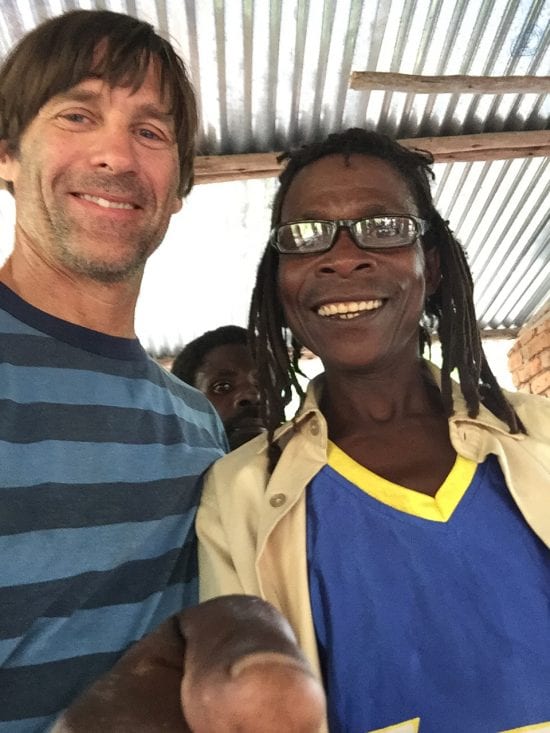
KRO: Thank you for taking the time to do this interview from Uganda! Is there anything else you’d like to add before we wrap it up?
TO: One thing I’d really like to bring up are the downsides of a personality being behind a business. In coffee, I think we need to call out the negative impact of this, yet I don’t really know a resolution. A business like Sweet Maria’s Coffee Shrub has benefited from the idea of a person being behind it, creating it, and being the voice behind it. In a lot of cases it is a man, generally a white man. That wouldn’t be bad except there aren’t many alternative cases with my generation of coffee businesses: Stumptown, Intelligentsia, Four Barrel, Sightglass, Counter Culture. … Ritual and Equator are exceptions, and I’m sure there’s more. In my early experience going to the trade shows, I couldn’t believe the lack of diversity among coffee shop owners and roasters. I know the business benefit from this dynamic, from having a “founder,” but at the same time it has some hurtful and limiting aspects. We’ve had customers and roasters be incredibly disrespectful to our female staff, who are very knowledgeable, because they believe only I have the answer to their questions. I think business owners need to see the drawbacks here, how it doesn’t foster new voices in their company, or diversity and respect for multiple viewpoints and multiple sources of knowledge.
Coffee business owners can become like little emperors of their domains, and many customers are happy to feed this solipsism. They like to say they know the owner, etc. And, that owner has more often been white males like myself in the U.S.
It leads to this thing where the only way to make it in coffee and get respect and payment for experience and knowledge is to start your own thing. I support that for sure! Places like Taiwan offer great models for how to open a sustainable roasting business with 200 square feet and a 1-kilo roaster. And I don’t have an answer to this problem in specialty coffee generally or similar industries except to promote the voices of people I work with (like having videos and articles and presentations by multiple people) and try to be encouraging to people setting out to do their own thing.
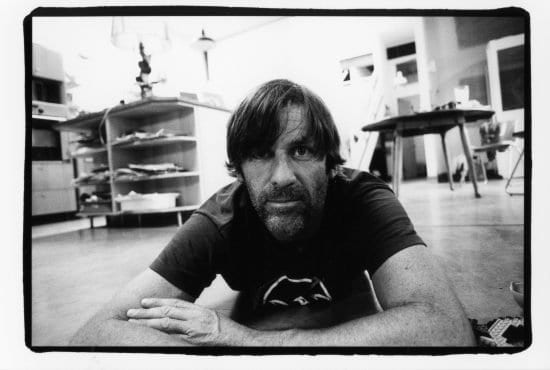
I also want to debunk focus on experts beyond the value of their actual contributions. I don’t feel like coffee needs it. And It also masks all the diverse talent and effort people bring to coffee besides those who get the spotlight. I’m sure many of those people left it because of lack of opportunity and recognition. I have worked really hard to make our thing what it is since scooping coffee in my basement in 1997, but I work with people who have been with us for eight, 10, 12+ years. Maria has been doing more of the financial side for the whole time. There’s not a lot of focus there, and admittedly it’s hard to write something exciting about QuickBooks and spreadsheets, but that’s coffee work too. I’m finishing off this piece from Uganda after several days with producers and millers here, but I wouldn’t be here if we didn’t have Jose packing orders, Keli keeping inventory, Erica managing, Dan writing up coffees, Kyle on shipments, Byron doing site work … OK, I can’t list everyone!
But coffee generally relies heavily on narrative, origin narratives about the product and about ourselves. I feel like looking at how those stories are structured, what myths they might rely on, and challenging them when needed, is super important. And it’s important to be aware of where the spotlight is focused, why it’s going where it is, and consider that when directed in one place it excludes shining a light on many others. I really appreciate when Barista and other press move that spotlight somewhere new. I think we all learn something by that … thanks for letting me ramble.
